The high life expectancy in Cyprus is one of the factors that attract people to move to here.
My grandmother, when she came to the island, marveled at how straight the old ladies were. Here, she said, all bent and with sticks. But on Sunday morning you go to church, and there in the front rows of well-looking grandmothers in fashionable suits with hairstyles and heels! In heels! Grandma couldn't stop marveling. Waddling in sneakers and with a sore heel, I felt the injustice of the world. At a mature age, the locals continue to lead an active lifestyle: walk, spend time in coffee shops and restaurants, I want the same, I decided and began to look closely and listen to implement what I saw into my daily lifestyle.
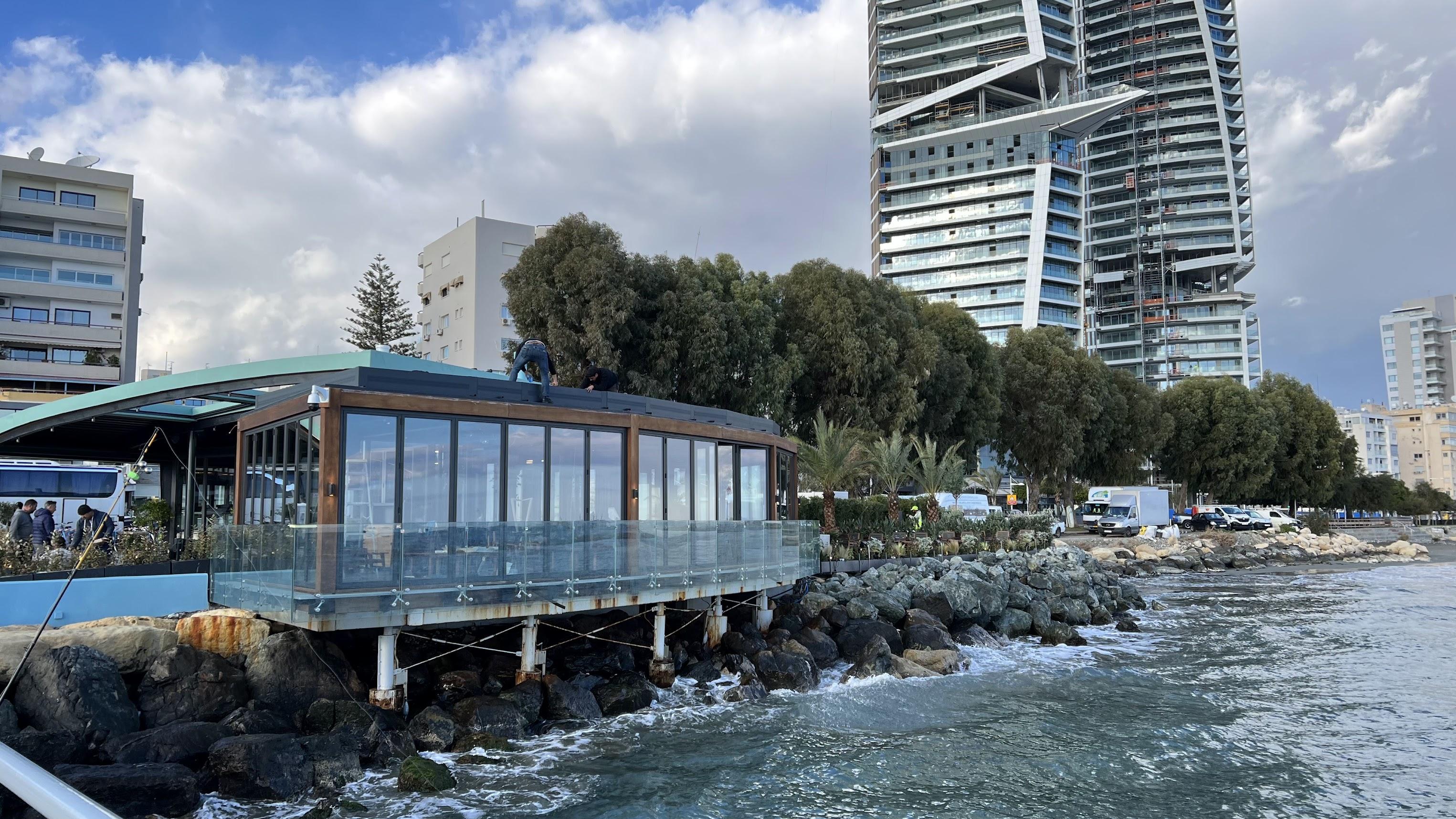
They swim in the winter sea
Incredible trim and pumped up figures of not-young people - evokes admiration and envy. Have you ever had it on the beach that you look at a slim girl with long legs and a narrow waist, and she turns around and turns out to be a woman of age? Cheerful old men and old women go swimming in the sea in all weathers all year round. They have their own club called Nautical, where they know each other and the unchanged man behind the bar for many years. His name is Nicholas. It's a lifestyle. Swimming in the cold sea and leisurely drinking coffee talking about prices and relatives. Winter swimming improves everything: it tones blood vessels, keeps muscles toned, and vitamin D from the sun strengthens the bones.

Winter swimming in sea water toughens and renews the human body, promotes proper metabolism in the body, strengthens immunity, reduces cellulite, calms the nervous system and has a positive effect on the skin of the whole body. In winter in Cyprus from +15 to +20 degrees, the sea does not cool down much and remains at the level of 18-19 degrees. Believe me, it is still quite cold, especially when the gusty winds blow from the sea. To get into the water need to start with good sunny weather, then warm up by exercising in the sun, and then be sure to rub yourself with a towel. There are almost no tourists in winter. Rare Englishmen on the beach wrapped in plaids.

There is plenty of walking
There are fans of running in Cyprus, but many more who believe that running is not very useful, as it puts a strain on the joints. Mostly on treadmills and in parks you can see people walking at a brisk pace and walking 3-7 km at a time. This is considered more beneficial than running. Regular exercise in sports walking will help lower sugar levels and blood pressure, cope with the negative effects of stress, strengthen the cardiovascular system, joints and ligaments.
Walking is low-traumatic and can be done at any time of the day and at your own pace. You can always start walking without fear of harming your health. In addition, walking is an excellent form of physical activity (and sometimes the only allowed) for the elderly, overweight people, those who have not exercised for a long time or are in the process of rehabilitation after injury or surgery. Walking doesn't necessarily have to be vigorous or long in order to provide benefits and improve health. Studies have shown that even a small amount of exercise - about 75 minutes of walking per week - helped significantly improve their fitness levels compared to a group that did not exercise. I should add that you can also kill your heel by walking, so you should start by being concerned about comfortable and quality athletic shoes.
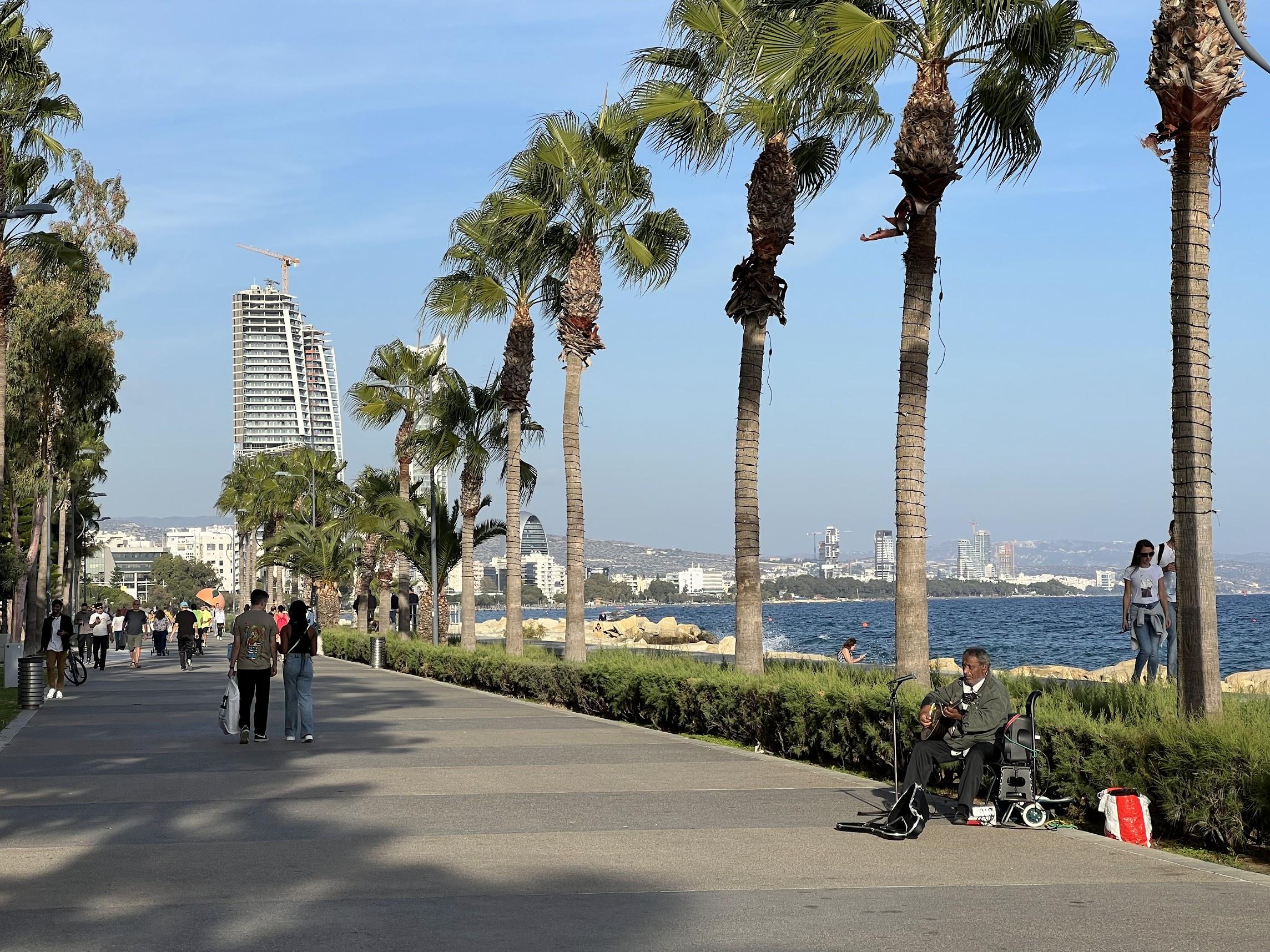
Treading the salt lake
In Larnaca, not far from the airport, there is a Salt Lake, which in winter time turns into a white salt desert. Sometimes you drive along the lake and observe a lot of parked cars. Some of them have come to watch the flamingos, and some of them take off their shoes and walk barefoot on large pieces of gray-pink-white salt. Salt has beneficial properties. Dry salt naturally begins to absorb allergens, toxins and foreign substances, the salt vapors cleanse the lungs and make breathing easier.Dry salt can help reduce inflammation and open the airways. The micro-sized crystal structure of pure NaCl particles breaks down and cleanses all the "bad stuff".
Dry salt therapy can affect people suffering from respiratory conditions such as allergies, asthma, bronchitis, cystic fibrosis, COPD and others. Salt-rich air also absorbs impurities and provides antibacterial properties that benefit the skin, such as acne, psoriasis and eczema, and regulates skin microcirculation.
Small particles can penetrate beneath the surface of the skin and absorb moisture into the skin. Larger salt particles land on the skin and absorb bacterial and foreign substances. Dry salt accelerates cell rejuvenation and improves skin elasticity. That's why salt rooms are popular around the world, and a salt lake is a free and highly effective natural alternative. It makes sense to walk on salt barefoot, breathe it in, take it with you and add it to your bath or steam your feet.
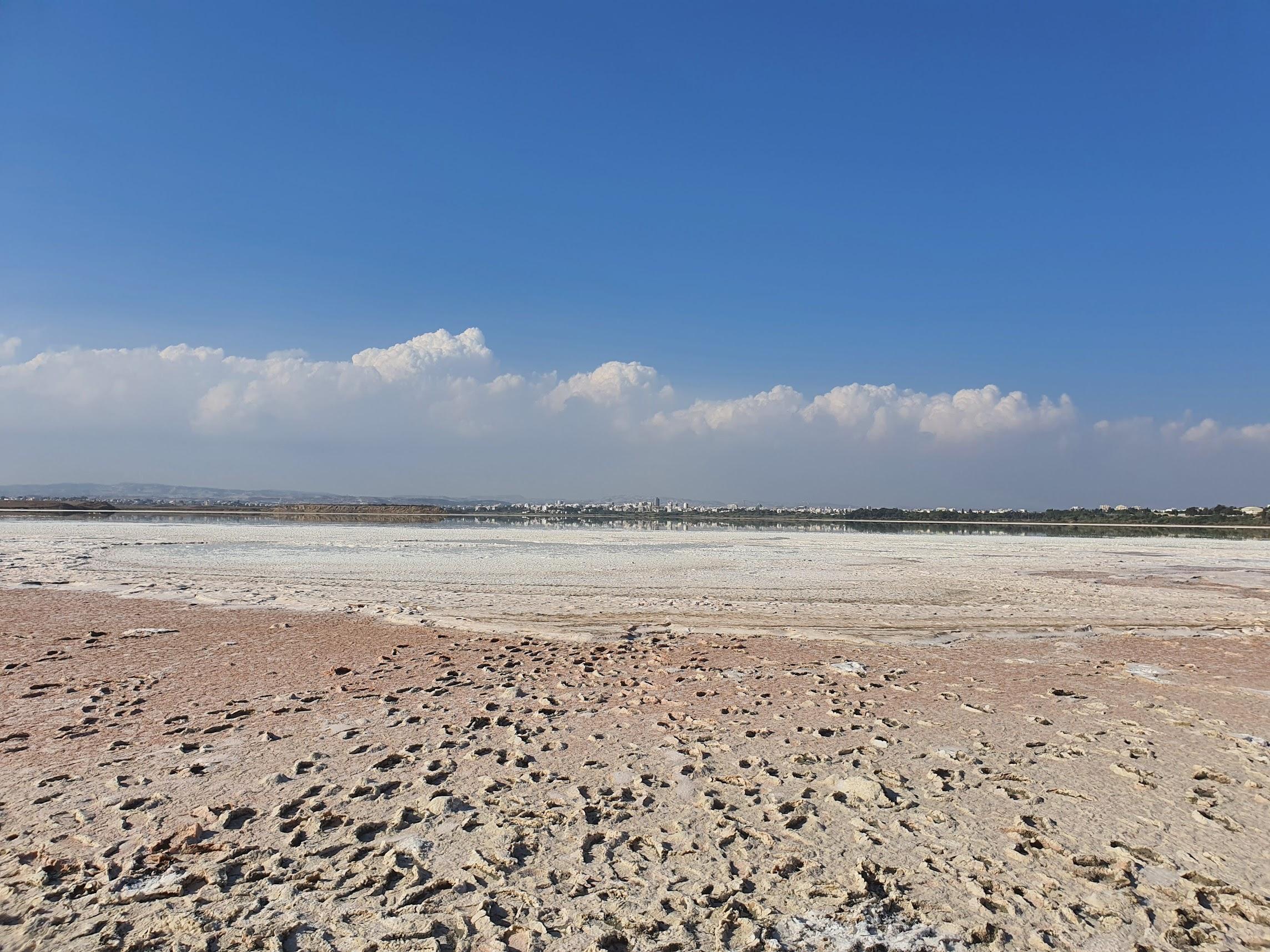
Rinse the throat and nose with sea water
This method was told by our nanny and she has lived in Cyprus for almost 30 years and is married to a Cypriot. Salt water gargles have been used for centuries to treat sore throats, sinus infections and ulcers. Seawater has powerful antimicrobial properties that help kill bacteria, viruses, yeast and fungi. It is one of the best and free home remedies to help keep you healthy during cold and flu season.
When you gargle with salt water, the chlorine ions in the solution react with peroxidase enzymes in the throat to form hypochlorous acid and sodium hydroxide. Hydrochloric acid is a naturally occurring acid and a powerful oxidizing agent that can oxidize and damage the cellular components of harmful bacteria, viruses, and yeast. Rinsing the mouth with salt water increases the concentration of hydrochloric acid, which can prevent harmful microbes from traveling to the lungs or nasal cavity, where they can cause respiratory tract infections and sinusitis. Research published in the Journal of Osteopathic Family Physician has shown that gargling with a saturated saline solution is an effective strategy for reducing the risk of viral respiratory infections, including influenza and COVID-19. I must warn you that there is one downside. In a burst of quick wellness, I poured seawater into a lemonade bottle and left it in my car. You probably don't need to tell me any more....
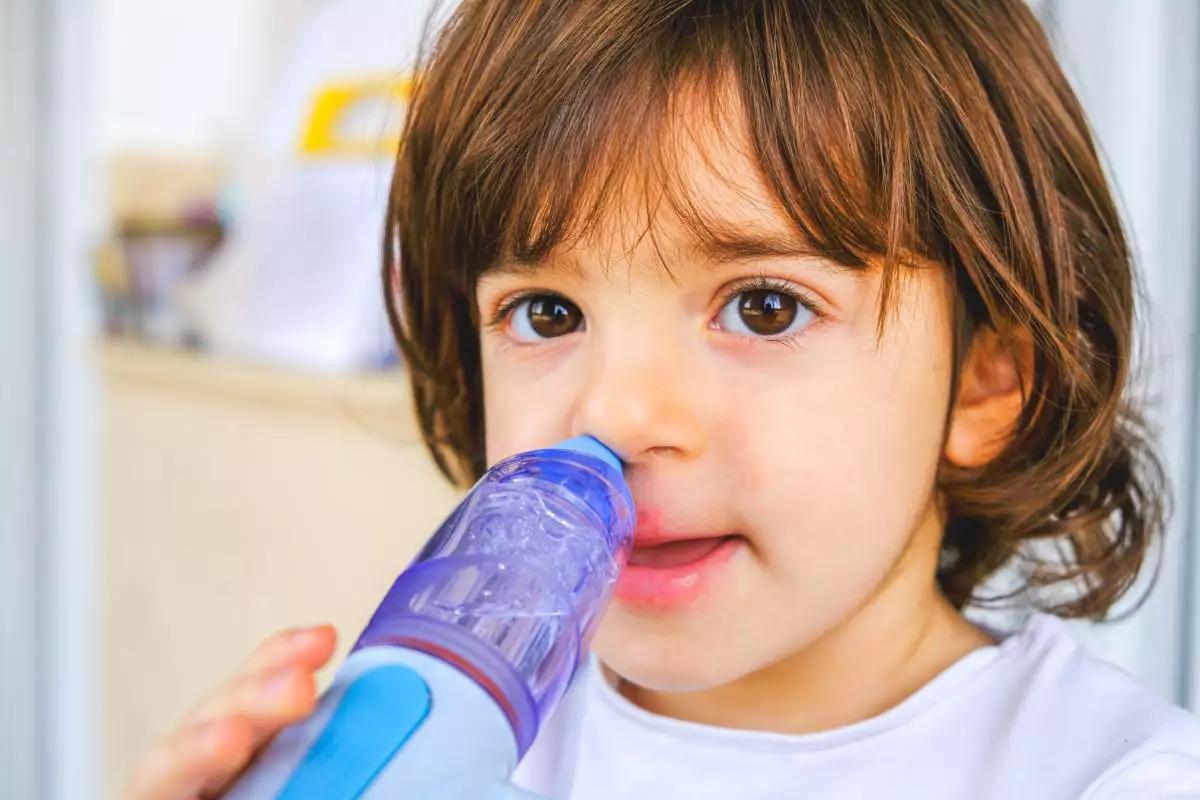
Eating a lot of citrus fruits
The Mediterranean diet with plenty of fresh fruit and green salads is great for your health in itself, although in my opinion Cypriots often like to deep fry their meat. Traditional restaurants always serve lemons sliced in half along with the main course. For a long time I thought it was for beauty, or if someone decides to order tea after dinner. The locals, however, add lemon juice to everything: they pour it on meat, squeeze it into water and sprinkle it on salads, and squeeze lemon juice into soup. It's a long tradition, not a superfood trend. And according to recent studies, a number of health benefits of lemons have been scientifically confirmed.
They are a rich source of vitamin C, and eating them can reduce the risk of cardiovascular disease and cancer. Flavonoids in citrus fruits may help reduce the risk of ischemic stroke in women. Lemons and lemon juice are an excellent source of the antioxidant vitamin C. Antioxidants can help prevent free radical damage to cells that can lead to cancer.
Finally, and as usual most relevant before Christmas, studies have proven that eating citrus fruits helps you lose weight! Those who followed a lemon detox diet showed greater improvements in insulin resistance, body fat, BMI, body weight and waist to hip ratio than those who followed other diets.
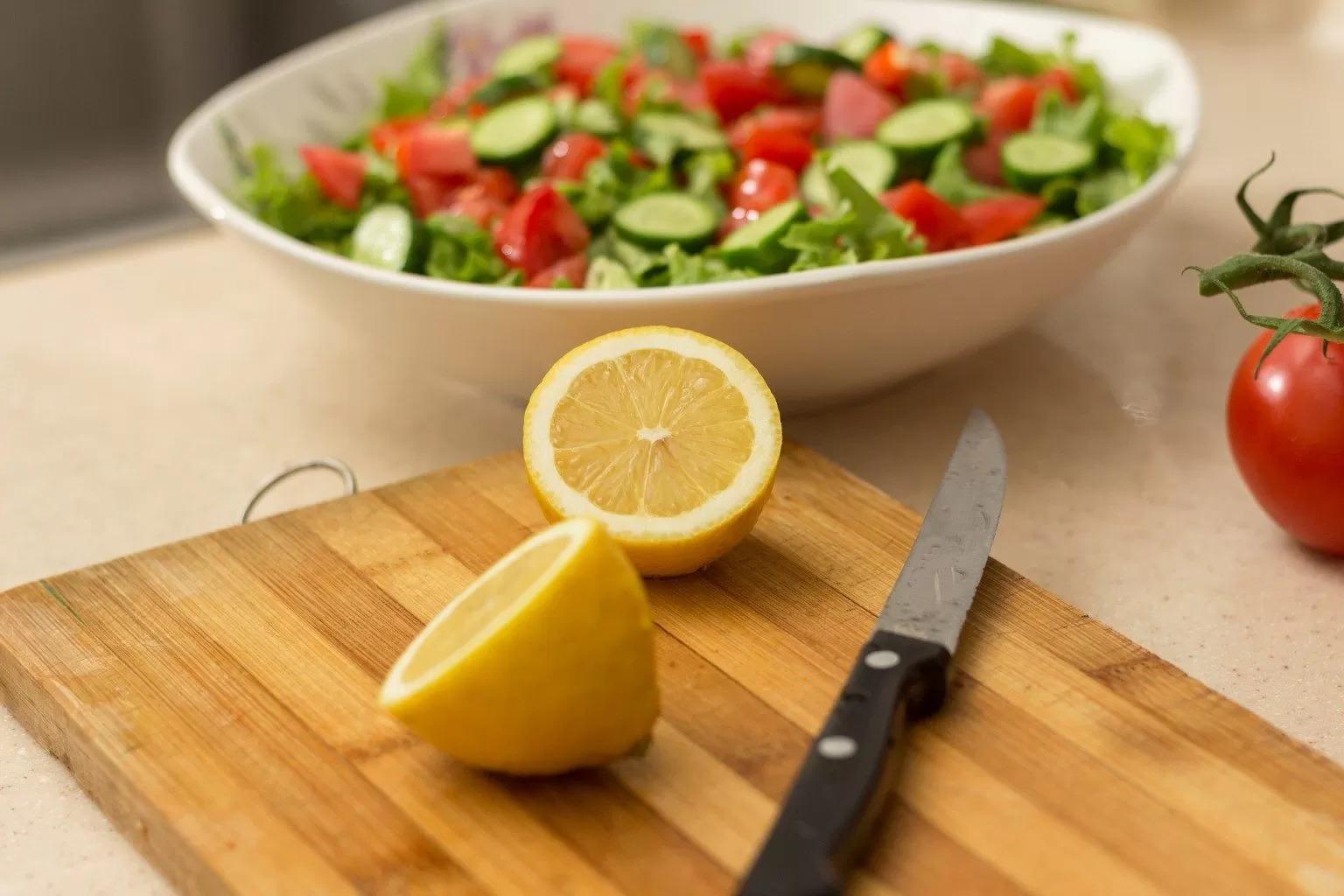
I sincerely hope that someone will benefit from my advice. Oh, and when you're at Nautical, say hi to Nicholas. Sending you hugs and wish and sporty winter to you!
Read also:
- GESY: General Health Care System in Cyprus
- Financing options for household photovoltaic systems
- Art Square: A Unique Project in the Heart of Limassol
- Real Estate Market in Protaras: Overview of Prospects and Opportunities
- Pros and cons of living in Nicosia
- The Use of Artificial Intelligence in the Work of Designers and Architects in Cyprus

